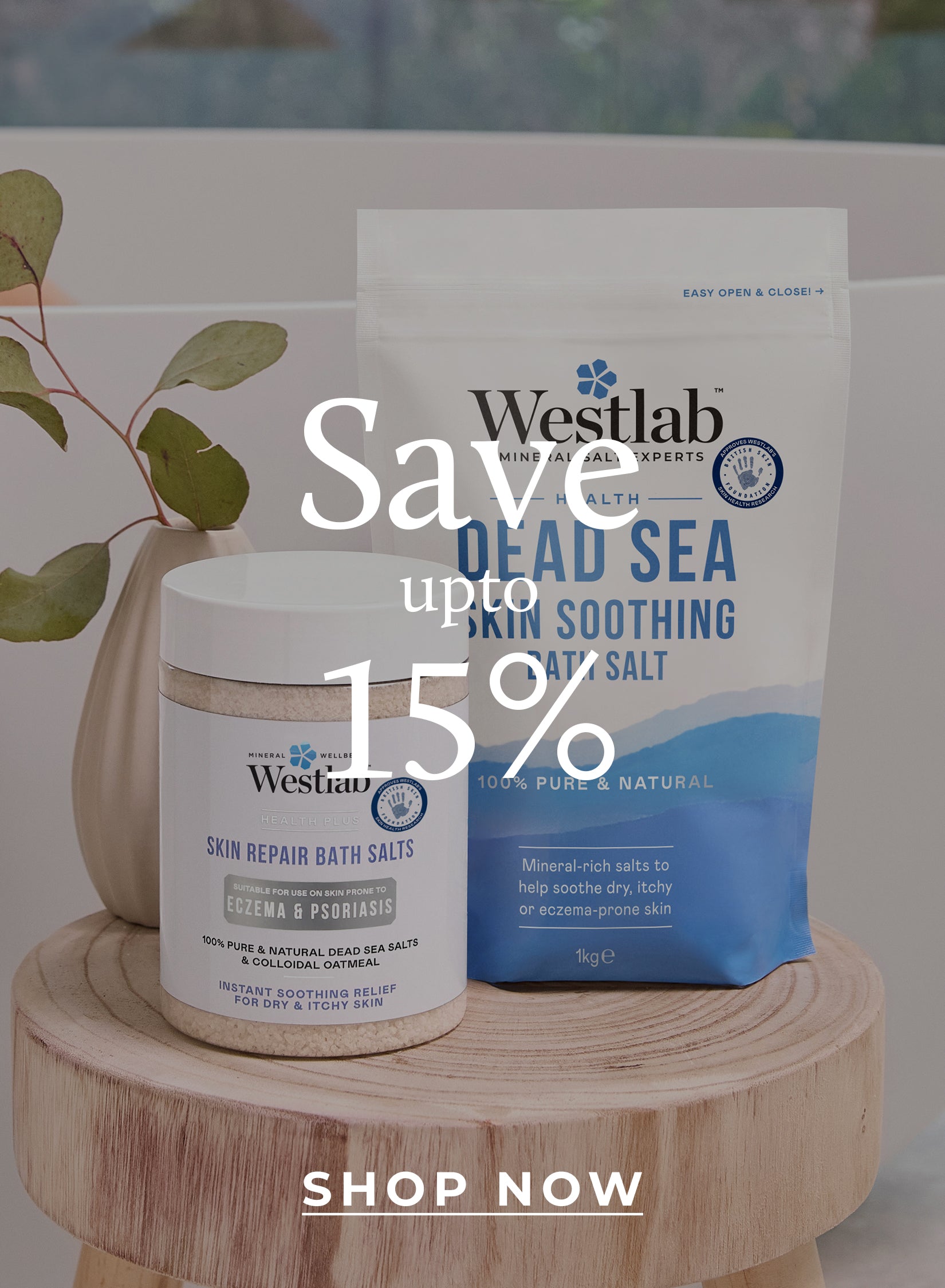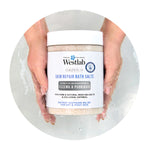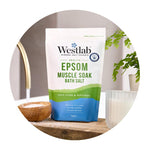How to Recover Effectively After Intense Exercise

The much-anticipated Tokyo 2020 Olympic Games are only around the corner, with many of the world’s most elite athletes having waited for this moment since its postponement last year. Starting on Friday 23rd July, the immense pressure and expectations these athletes put on themselves is soon to come to a head.
With a record 33 competitions and 339 events being held across 42 competition venues, the Tokyo 2020 Olympic Games is set to be an exciting time for the world’s best athletes to get back to doing what they love. This year’s Games also includes new sports, such as karate, surfing, sport climbing and skateboarding.
The intensity that these athletes put themselves under in order to be the best can ultimately take its toll, which is why recovery must go hand-in-hand with any training plan. The right recovery methods can help the body to heal and repair quicker, in turn making sure you’re stronger in the long run. So, whether you’re a budding Olympic athlete or not, don’t skip the recovery part of your fitness journey.
What is the best recovery method after exercise?
It’s important to remember that any kind of exercise is stress on your body. For your muscles to grow and become stronger, they need both stimulation and repair. Whether you’re sprinting or lifting weights, pushing your body can break down your soft tissue, in particular your muscles. By taking the time to recover properly, you are giving your muscles a chance to repair and come back stronger.
When you exercise, your body produces a build-up of toxins due to the number of metabolic processes that are activated, such as lactic acid. Finding a way to help remove these toxins while allowing your muscles to relax is the key to effective recovery, particularly after intense exercise.
What’s more, recovery also plays a vital role in preventing any injuries as you continue to train.
The benefits of magnesium in muscle recovery
For Olympic athletes who are taking part in regular, intense exercise, just stretching after a training session certainly isn’t going to be enough to restore muscles and relieve aching. Similarly, if you are training for a big sporting event or pushing yourself to reach your fitness goals, it’s going to take more than a short stretching session afterwards.
Bath salts could hold the key to an efficient recovery, thanks to the presence of magnesium sulphate. In particular, Epsom salt can play a major role in muscle recovery, with its high magnesium content. Magnesium plays a key part in cell metabolism, as well as around 300 other reactions in the body, but the body doesn’t produce it. By bathing in Epsom bath salts, magnesium can be absorbed by the body and replace the stores lost during exercise and perspiration. Replenishing levels of magnesium after exercise can help to aid muscle relaxation and recovery.
Magnesium can also be very effective when it comes to injury prevention, which is crucial for anyone at any level of fitness. Magnesium can contribute to loosening tight muscles as your body relaxes, helping to maintain a level of flexibility that may lessen your risk of injury. Our Magnesium Flakes are the perfect way to ensure your muscles are replenished and protected at the same time.
Sulphate, on the other hand, can also play a part in helping to flush out toxins and allowing them to be processed out of the body. Together, these two components create a winning recipe for your post-exercise regime.
Our Epsom bath salts are safe for athletes of a competitive standard, and are used and loved by our current Olympic 2021 athletes including Adam Gemili and Laviai Nielsen, as well as Olympic legends such as Colin Jackson and Sally Gunnell. 100% vegan and made from natural ingredients, Epsom bath salts are the ideal remedy for muscle recovery, whether you are going for gold or just hoping to beat your personal best.
-
Posted in
Body health, Fitness, Sports & repair, Sports training




















